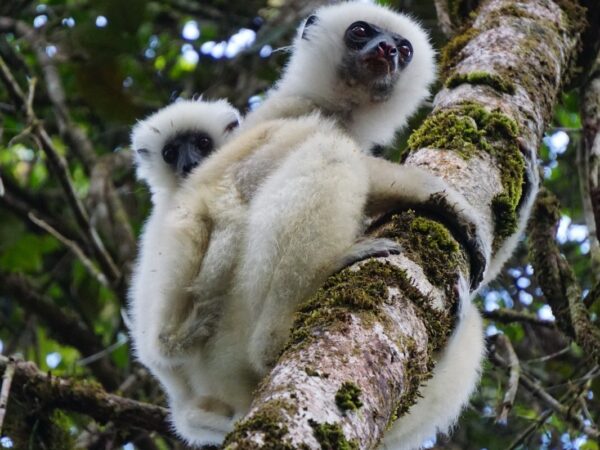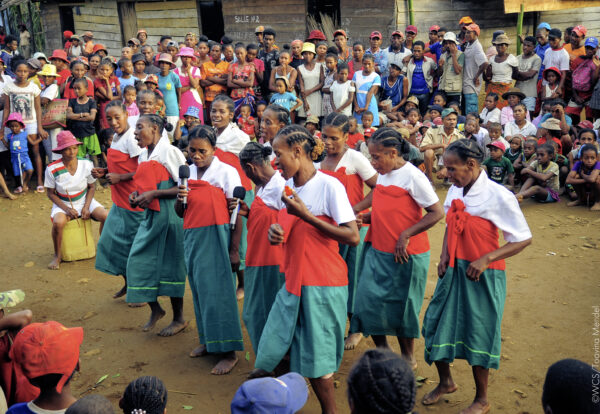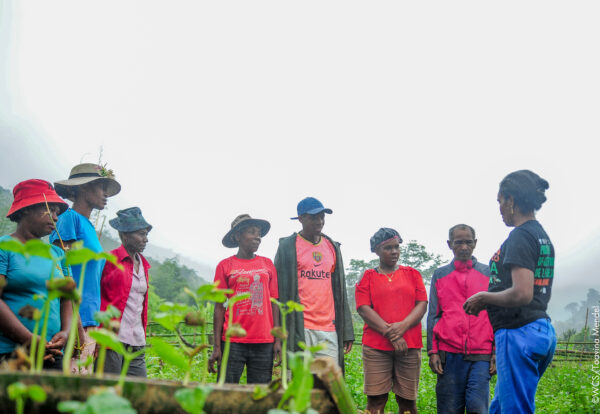
Voices of the forest: community conservation of lemurs in Makira
Project description
Northern Makira Natural Park in Madagascar is an important ecological corridor and the only place in the world where Silky Sifaka, Indri and Red Ruffed Lemurs coexist. Lemur populations are in decline in part due to habitat reduction from agriculture expansion and poaching. Weak rule of law and lack of access to markets, and environmental factors including poor soils, small-bodied and slow reproducing wildlife, and powerful cyclones combine in complex ways that make it very difficult for local communities to secure a reliable supply of food or income stream.
This project will address these challenges with local communities, creating a template for lemur conservation that can be replicated. It will fill information gaps to inform co-developed conservation activities, including the expansion and replication of protein replacement activities to reduce hunting and increase ecotourism, backed by awareness raising among communities on the importance and exceptionality of Makira’s lemurs.
This project is implemented by the Wildlife Conservation Society.
Threats

Habitat loss & degradation

Poaching
Project objectives
Through a community-based conservation approach and participatory monitoring, as well as addressing the socio-economic needs and cultural dimensions underlying unsustainable practices, the project aims to increase communities’ ownership of natural resources and raise awareness of their long-term benefits. By the end of the project, a participatory, data-informed lemur population management plan will be developed and implemented in the priority community areas around Makira Natural Park; local communities will have the financial and nutritional means to play an active role in lemur conservation; and Makira’s endangered lemur populations will be protected through community-based monitoring and enforcement systems.
Project activities
- Raise awareness on the importance of lemur conservation and co-develop innovative and scientifically informed methods to better protect them.
- Strengthen participatory governance through community training, the creation of development plans, and systemic scientific monitoring. Promote the existing grievance mechanism to report illegal activities and ensure the protection of whistleblowers with a rights-based approach.
- Create sustainable income-generating employment opportunities through ecotourism at the community-run Simpona ecolodge.
- Ensure that women and girls have equal opportunities to participate in and benefit from conservation activities, including decision-making processes related to the sustainable management of resources.






